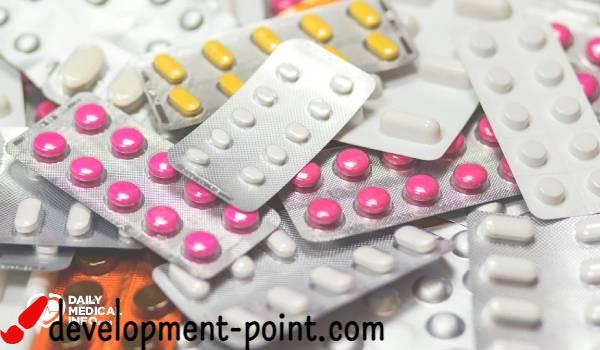Corn flour: What are its health benefits and most popular uses?
Cornmeal Cornmeal is one of the most commonly used types of flour. It is dried ground corn that is manufactured by grinding corn kernels until it turns into a fine, medium, and coarse powder to meet various uses. Sorghum or yellow corn flour can be used in many different ways. What distinguishes this type of flour is its health benefits, especially since it is one of the best choices in cooking, especially for those who suffer from digestive disorders or sensitivity to gluten.
Cornmeal uses
Corn can be used in preparing many delicious dishes such as:
- Making various baked goods
- Thickening soups and soups
- An essential ingredient in tamales
- Sweet corn pancakes
- Corn muffin
- Classic cornbread like tortilla bread
- Corn cakes
- Cheese cornbread pancakes
The nutritional value of corn
Corn is a rich source of minerals and vitamins. The main nutrients per 100gm of uncooked maize flour are:
- Iron: 19% of the required daily value
- Potassium: 6% of the required daily value
- magnesium: 30% of the required daily value
- Zinc: 17% of the required daily value
- Phosphorus: 19% of the required daily value
- Copper: 21% of the required daily value
- Selenium: 28% of the required daily value
- manganese: 22% of the required daily value
- Calories for refined corn flour (100 g): 362 calories
- Calories for whole grain cornmeal (100 g): 256 calories
It also contains many vitamins such as:
- Vitamin B1: Contains 23% of the required daily value of thiamine
- Vitamin B2: Contains 15% of the required daily value of riboflavin
- Vitamin B3: Contains 23% of the daily value required for niacin
- Vitamin B5: Contains 9% of the required daily value
- Vitamin B6: Contains 18% of the required daily value
- Vitamin B9: Contains 6% of the required daily value of folic acid
This is in addition to containing 4.7 gm of protein, and small amounts of vitamin A and vitamin E, at a rate ranging from 1% to 4%.
Benefits of corn flour
1. Gluten-free
Cornmeal is one of the good options for eating whole grains and adding them to a gluten-free diet for those who suffer from indigestion or have an allergic reaction to gluten (wheat allergy).
2. Promote digestion
It is a rich source of carbohydrates. One cup contains (94g) of total carbohydrates and (9g) of dietary fiber. Which represents approximately 36% of the daily needs of dietary fiber for women, and 23% of the daily needs for men. Dietary fibers, which are useful carbohydrates, help you feel full after a meal and also help soften stools, thus reducing the risk of constipation.
3. Enhance brain function
Corn is distinguished for its iron content, as one cup provides 4.2 mg of iron. Which is an important element in order to help red blood cells in the process of transporting oxygen to all parts of the body. It also helps to increase metabolism, by activating the enzymes necessary for energy production, and promoting the manufacture of neurotransmitters, which brain cells depend on in order to work efficiently.
4. Promote DNA formation
Corn flour is a good source for providing the body with phosphorous, as one cup contains 294 g of phosphorus, which plays an important role in the formation of DNA, by forming a component of cell membranes and also contributing to the formation of mineral tissues of bones. Phosphorus is used by cells in the body to activate or deactivate enzymes.

